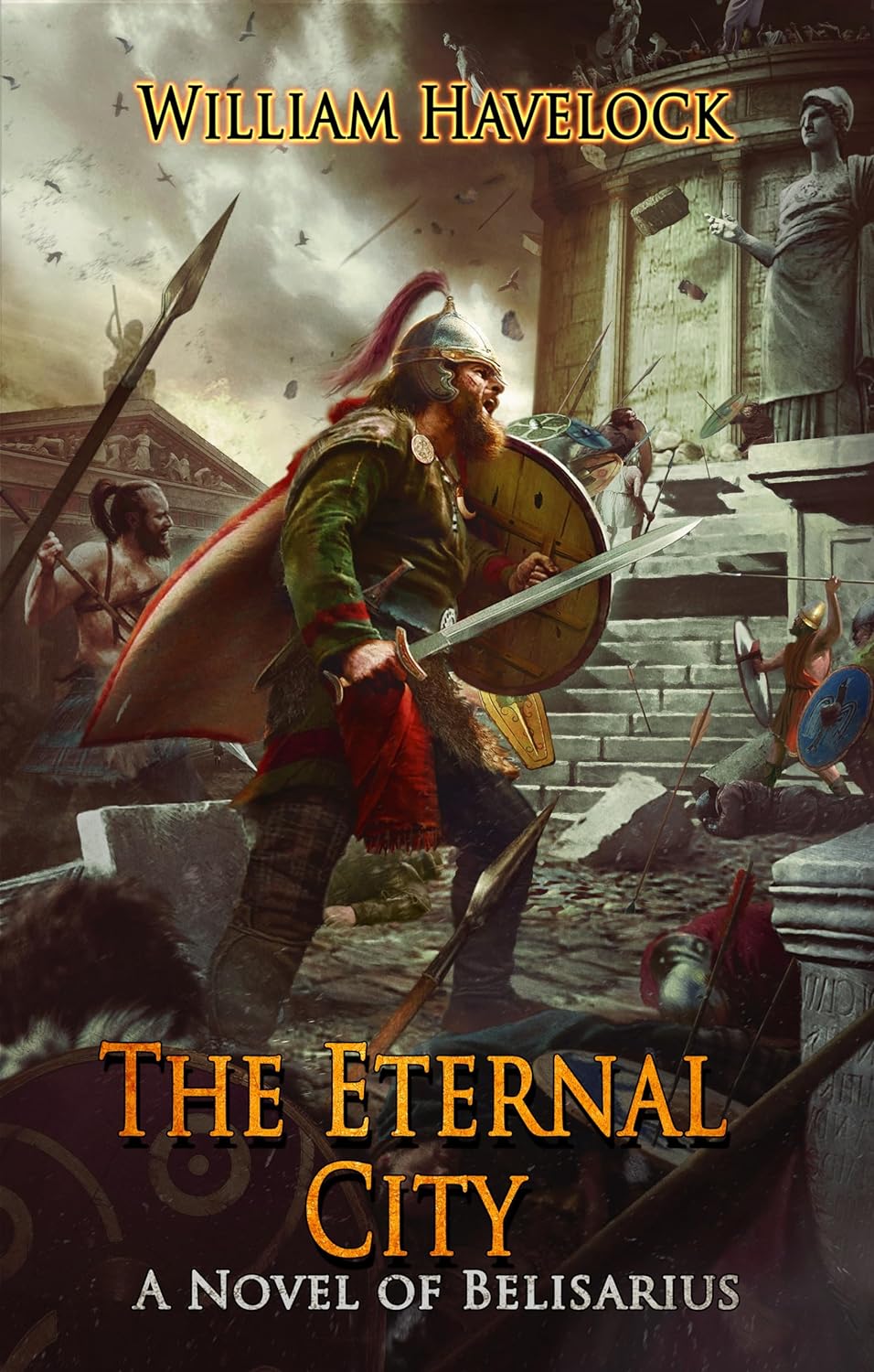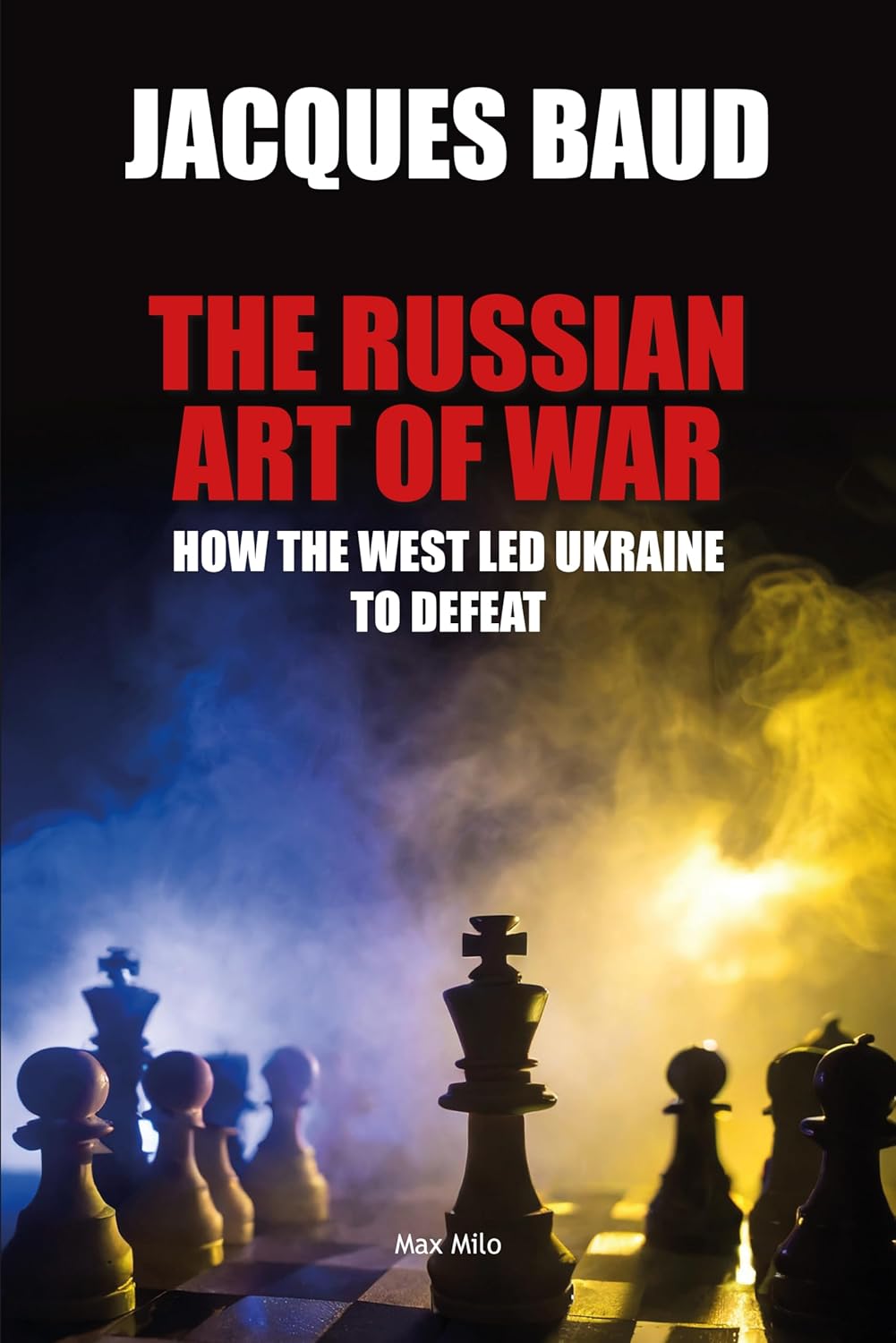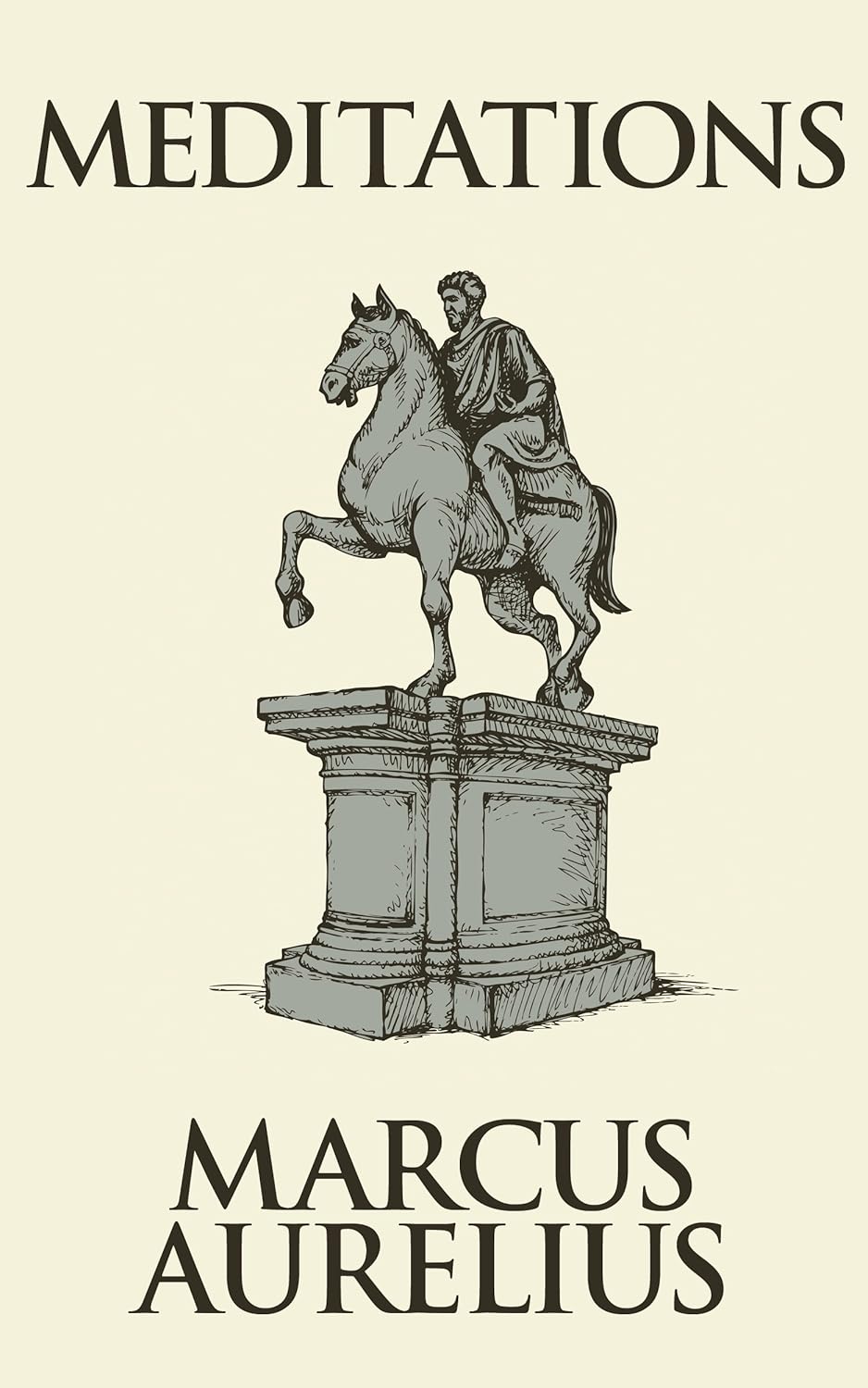It took me quite a while to get around to writing this best-of poast, mostly because I was lazy about it, but I think there are several books I came across last year which are well worth mentioning.
If you click on either the subheading or the title image for each book, you will go straight to an Amazon page where you can buy the title in question. I recommend you do so – the authors are worth supporting. (Honesty demands I point out that I also get a small commission from any such purchase, so you are also indirectly supporting my work in the process.)
Fiction
In terms of fiction reading, I mostly read books out of three series – The Stiger Chronicles by Marc Alan Edelheit, the various series within the Galaxy’s Edge universe, and a new series I ran into called The Last of the Romans by William Havelock. So for the fiction segment, I have simply chosen the best books in each series, but I can (generally) strongly recommend the series themselves in broader terms. (The exceptions lie in the main Galaxy’s Edge series – somehow, GE Season 2 was really hard to follow, and the last book in the season was almost completely incomprehensible. However, the Tyrus Rechs: Contracts & Terminations and Order of the Centurion spin-offs, are generally really good.)
The big stand-out from all of the fiction books I read, was The Three Body Problem, which is part of another series I am reading through now.
1. The Eternal City: A Novel of Belisarius (The Last of the Romans Book 5) by William Havelock

The best fiction book of 2024, for me, was the latest in the series, The Last of the Romans, by William Havelock. This is a book series set in the time of the reign of the Byzantine Emperor Justinian, who oversaw the expansion of the Eastern Roman Empire to its greatest extent, reconquering many of the territories lost by the original Roman Empire in the Black Sea, the Middle East, northern Africa, and eventually, Rome itself.
The whole series is outstanding, from start to finish – every single book is superbly written, with what strikes me as an expert eye for the details of Byzantine military training and tactics. The books focus on the soldiers of Byzantium’s greatest and most legendary general, Belisarius, who features prominently as a character in the series. The main narrator for the series is a man named Varus – based on an actual historical character, “Pharos”, who was apparently a quite senior officer in Belisarius’s army. The story starts with Varus’s youth as a slave for the Emperor Justin II, and follows his life through his liberation, his integration into the Roman (actually Byzantine) military, and his first campaigns in a part of the world that we now recognise as “Dagestan”.
From there, the series follows Varus to campaigns against the Persians, then the Vandals, and finally the Ostrogoths in Rome itself. The latest book in the series is an absolute doorstopper, coming in at something like 900 pages, but it is a page-turner and a gripping story nonetheless. Having built up relationships in the mind of the reader with the characters of the series, Havelock crafts a fascinating and terrible story around the Siege of Rome, in which a vast Ostrogoth army, under the command of Witiges, tried (and eventually failed) to destroy a starving and undermanned garrison of barely 5,000 men, led by Varus.
The book ends on a terribly tragic note with the death of a beloved character, and the casting into exile of Varus’s closest companion as a result, with a promise of plenty more to come. I certainly hope that will be the case. This is a series that deserves to run for a very long time. Havelock has tremendous skill as a writer, and I look forward to seeing his conclusion to the series as we go through the life and achievements of the legendary General Belisarius.
Didact’s Verdict: 4.7/5, outstanding historical fiction written by a man who really knows his history – and, more importantly, knows how to bring it to life.
2. The Three-Body Problem (The Three-Body Problem Series Book 1) by Cixin Liu

It took me a good long while to get into The Three-Body Problem, because it was really a rather complex book to read, and honestly it got off to a bit of a slow start. The opening pages certainly are pretty shocking, but then it sort of goes off the boil for a couple of hundred pages.
However, do not let that fool you, because the contents of the book are fascinating and wildly imaginative.
The plot basically follows several Chinese people through the times of the Cultural Devolution in China, into the modern day. Back in the days of Mao, a Chinese scientist who experienced extreme family trauma in her early years, finds a way to reach out to an alien civilisation that exists on a planet orbiting not one, not two, but three suns.
This leads to the problem noted in the book’s title, which is a very well-known issue in Newtonian physics. Essentially, it is impossible to find a straightforward closed-form solution, using Newton’s Laws of Motion, that describes the trajectories of three point masses orbiting each other.
One key implication of the problem is that any planetary object that orbits three star-sized objects in space, will be subjected to “eras” of stability, followed by ones of total chaos, where the surface boils or freezes. Into this maelstrom comes the civilisation of the Trisolarans, who struggle through these Chaotic and Stable Eras to build a sustainable and lasting civilisation.
The Trisolarans are desperately trying to find a way to predict the Chaotic Eras, thereby ensuring their continued survival as a species. Yet, despite their vastly more advanced mathematics and science, they are unable to do so, and turn toward the idea of fleeing their home star system of Alpha Centauri, to find a planetary body capable of supporting life, with a stable orbit around its home star.
The Chinese scientist referred to at the beginning, finds a signal from a Trisolaran pacifist, who warns the listener not to respond – because, if the Trisolarans get a response from a habitable world, they will launch an invasion fleet to conquer and colonise that world.
You can sort of guess what happens after that, given the novel’s start, and given its godless atheism. None of that changes the fact that, as hard sci-fi goes, this is about as good as it gets.
The concepts in this book are mind-boggling – particularly when it starts talking about n-dimensional entities and the unfolding of objects in higher dimensions, into lower ones, to create “sophons”, that are basically photons in 11 dimensions, unfolded into 2, with circuitry etched onto the surfaces to create literal supercomputers. It is fascinating stuff, and the book gets better as you plough through it.
One word of advice: do not bother with the Netflix adaptation of this book. I refuse to watch it, because I do not want to see the source material mangled and destroyed, as Netflix does with basically everything else it adapts. Stick to the book, or the audiobook, instead.
Didact’s Verdict: 4.5/5, hard science fiction the way it SHOULD be done, by an author who will likely be hugely influential on generations of writers to come.
3. The Tiger’s Rage (The Stiger Chronicles Book 8) by Marc Alan Edelheit (4.1/5)

The latest book in the annals of Bennulius Stiger and his companions is a properly good read, proceeding at a sensible and solid pace. It never gets overly bogged down in the details – though, given the gaps between books, and the sheer number of books that Mr. Edelheit has written in his fictional universe, spanning a great many centuries, you could be forgiven for wondering what the hell is going on, at times. This is the one major flaw of the book: it presupposes quite a lot of knowledge of the universe from the reader, and does not really provide a good summary of events, but rather simply references them here and there.
This does not change the fact that the book itself is very good. It tells the tale of Stiger’s attempts to track down and destroy a particularly loathsome wizard, located in a volcano that Stiger himself once helped destroy. The book is full of the usual fantasy tropes – elves, dwarves, orcs, trolls, dragons, gnomes, and even… were-tigers, of a sort.
The story follows Stiger’s party as they march through increasingly hazardous and difficult terrain to find the wizard, who has Stiger’s friends in captivity and stasis – specifically, another wizard, and an ancient shape-shifting dragon of immense power. Things move fast – Stiger makes new allies along the way, including an apostle of some very dark gods, who are nonetheless aligned with the faction of Olympus that guides Stiger himself.
The writing is solid, the action is superb, and the end result is HIGHLY satisfying – though there is obviously plenty more to come. The war against the primal darkness sweeping across the universe has yet to be decided, and Ben Stiger – now an Emperor, and inheritor of the great traditions of Rome itself – must find a way to win, despite massive odds stacked against him.
Didact’s Verdict: 4.1/5, very solid fantasy writing by a seasoned pro that keeps you engaged and interested in the next instalment in the series.
4. Uncommon Valor (Tyrus Rechs: Contracts & Terminations Book 5) by Jason Anspach & Nick Cole (3.8/5)

The main Galaxy’s Edge series has gotten ever more incomprehensible ever since the latter books of Season 2, and the ending to that season left readers with far more questions than answers. Indeed, when Cole and Anspach killed off the legendary bounty hunter and ageless general, Tyrus Rechs, in the first season, I honestly thought they had made a big mistake. And so it turns out to be, because Rechs himself had plenty of stories to offer.
The Tyrus Rechs: Contracts & Terminations series follows Rechs in his career as the Galaxy’s most feared and terrifying bounty hunter. His character (and armour) is very obviously a tribute to Boba Fett from STAR WARS (back BEFORE the House of the Devil Mouse ruined it, like they have everything else in that property), and you can see exactly why from the books in the series. Rechs wears a set of armour he acquired from a Savage hulk that he boarded, which became the template for all subsequent generations of Legion armour for the fighting force he built and led, but the first-generation pattern of armour is entirely his.
The story follows Rechs’s attempts to track down the only remaining member of a special ops team stranded on what can only be described as the equivalent of a Warhammer 40,000 “Death World”, a jungle filled with such vicious flora and fauna that it is a miracle anyone can survive. The SpecOps character in question is attempting to find and eliminate a particularly nasty crime lord, a member of a species called the “Lizarr” – basically, “crocodile-men” – and who has had to watch as the crime-lord’s henchmen have hunted down and killed, or severely wounded, his entire team.
The ending is both sad and satisfying, and leaves one looking forward to the next book in the series, but I have to say, trying to keep all the timelines straight in the Galaxy’s Edge universe is basically an exercise in futility. I have no idea what is happening where and when anymore, and I suspect that problem is only going to get worse in Season 3.
That being said, I am quite looking forward to the next book in the series. Get your hands on Galaxy’s Edge if you want to read Star Wars novels WITHOUT all the pandering and bullshit – Season 1, at least, is (to use the technical term for such things) SUPER DUPER AWESOMESAUCE AMAZEBALLS.
Didact’s Verdict: 3.8/5, solid writing, good action, interesting plot, if perhaps a little stale now that GE has been around for a while.
Non-Fiction
The non-fiction reading in 2024 proved highly fruitful. The two best books I read all year, concerned the 404 War – and, as it happens, the two authors of those books are friends. They proved highly illuminating in their discussions about the war, and about the total, catastrophic failure of the Western powers to understand the Russian way of war and industrial policy. The remaining books ranged from philosophy to current events, and all of them proved to be excellent.
1. The Russian Art of War: How the West Led Ukraine to Defeat by Jacques Baud

This is easily the most important non-fiction book I have read in YEARS, and probably the most important book published in 2024. Col. Jacques Baud is a former NATO intelligence officer, and a former tank commander in the Swiss military. As such, he is intimately familiar with NATO tactics and operational doctrine. But he is ALSO one of the VERY few people in the Western world who has conducted a proper study of Russian tactical and operational doctrines, and who has bothered to take the time to study how the Russian General Staff thinks about and plans for war.
He has distilled the results of his analysis and study of the events that led up to the outbreak of the 404 War, the conduct of that war from early 2022 to the end of 2023, and the Russian tactical, operational, and strategic doctrines of the General Staff, into a MASTERCLASS that explains it all to the casual reader.
If you want to understand the context behind the 404 War – including the events of the Crimean Crisis in 2014, which he goes into in great detail, and explains how the mainstream media totally lied to you about the so-called “Russian occupation” of the peninsula – then you must read this book. When you do, you will also understand why the Russians ran into severe difficulties during the initial invasion in early 2022, and why they had to figure out a way to deal with disparate command structures and lack of unit cohesion going all the way into 2023. They had to integrate the LDNR militias, the Wagner PMC, and various other units into the Russian military’s overall structure, and that took time they did not have at first.
Col. Baud also explains how the Russians stopped the Khlearly Khatastrophic Khreat Khokholite Khumvee Khounteroffensive absolutely cold in the summer of 2023, through their extensive use of fortifications and defensive doctrines. He goes into details of how Russians think about and plan for war, in a way that I have not seen any other Western observer attempt to do.
In so doing, he does us all a tremendous service, because the lay reader can, for perhaps the first time, understand how the modern Russian Army has transformed itself in the crucible of war into the world’s most powerful, lethal, and experienced fighting force. And he shows conclusively that the West is totally incapable of defeating Russia, whether through a proxy war, or through direct conflict, because it completely lacks the tools, frameworks, and organisational capabilities required to fight serious wars.
Didact’s Verdict: 4.7/5, essential, necessary, vital reading for anyone who has any interest in understanding the roots and likely outcome of the 404 War.
2. America’s Final War by Andrei Martyanov

Grandpa Grumpuss is a longtime favourite of this site, because of his acerbic and hilariously grouchy style, which reminds anyone who watches it of a cranky old man yelling, “GIT OFF MA LAWN!!!” at the neighbour’s kids. Despite that crotchety style of his, Martyanov is also a very serious and capable geopolitical analyst, who has a perspective not generally shared by most of the alt-media commentariat. Because of his background as a Soviet naval officer, and his education and training in serious warfare, he has the ability to look at American social, economic, military, and political indicators, and come to very different conclusions than most of the educated so-called “elites” of the country.
And the conclusions he reaches about American military power, or lack thereof, are startling, to say the least.
Mr. Martyanov has been saying for the better part of 15 years now that America has lost the arms race against Russia, and is totally outclassed across a wide range of indicators by the Russian and, increasingly, Chinese militaries. Worse, America no longer has the industrial capacity, human capital, or organisational structures required to fight and win a serious war – if, indeed, it ever did.
In this book, which is a quick and eye-opening read, he lays out in sobering detail how the 404 War is essentially America’s last real war, and how Amerikhastan is losing it. This does not make for comfortable reading for Ameribros, and nor should it. In this book, the author explains just how badly corrupted the American warrior ethos has become, and how totally detached from reality America’s elites are.
Didact’s Verdict: 4.6/5, essential reading for anyone interested in geopolitical analysis in a modern context.
3. Permanent Record by Edward Snowden

When Edward Snowden revealed the extent and depth of the National Security Agency’s domestic spying programme in 2013, he instantly became basically the most wanted man on Earth for the US government. He had committed the one unpardonable sin – he revealed just how contemptuous the American elites are about their own people, and how far they are willing to go to control Americans.
There is no question, on anyone’s part, that Mr. Snowden committed a serious crime – he admits as much, and has always done so in all of his interviews since. There is also no question that Mr. Snowden did it for patriotic reasons – because he was utterly sickened by what he saw, and believed the American people needed and deserved to know what was being done to them, in their name.
Americans did not vote to be spied upon. They did not vote to be treated as common criminals by their own government. Yet, that is precisely what they got, because they voted for Dubya – and then for Odumbass, who kept the system going.
Even Ornj Boi, who should have dismantled the entire system, kept it largely intact. And I have no doubt it got much worse under Brandon.
In this book, Snowden explains in great detail how he came to the sickening realisation that his own government was spying on and criminalising innocent people by collecting their personal data. He shows how he went about exposing the spying programme, and he provides a little bit of insight into the true depths of the evil to which the US government stoops.
Reading his book, you get the sense of a soft-spoken introverted nerd who just wanted to code – and who eventually realised he had to pay a terrible price, so that his people could be freed.
And he certainly has paid that price, and then some. He had to seek asylum in Russia – where President Putin himself said that, under Russian law, Snowden’s actions would be considered crimes of the worst kind, and where Snowden has repeatedly gotten into hot water with the Russian authorities. He is now a Russian citizen, but the government there is not a fan of is, and he reciprocates that feeling. He is totally cut off from his home, extended family, and friends – and much of the country considers him a traitor.
The one saving grace is his now-wife, Lindsey, who has done much to connect him with his adopted home. He, his wife, and their children, are now Russian citizens, and he seems to have found a small measure of peace living in a country where he is ironically far more free than he would ever be in the US.
Didact’s Verdict: 4.0/5, highly recommended, if only so you learn and understand just how much the US government hates you for the “crime” of simply existing.
4. The Exorcism Files: True Stories of Demonic Possession by Adam Blai

I have plenty of disagreements with the Catholic Church on issues of doctrine, tradition, and dogma, but I acknowledge their authority in the field of daemonology, because their exorcists have more experience dealing with the denizens of Hell than pretty much anyone else. In this short book, Adam Blai, who is a layman with a deep background in psychology, and a devout Catholic, gives accounts of some of the exorcisms where he has sat in and assisted the priests. The stories are not actually particularly terrifying – Mr. Blai has very clearly made great efforts to keep the language restrained, and has very obviously omitted some of the most harrowing and terrible things he has witnessed. So you can definitely read this before bedtime and not have to sleep with the lights on. Nonetheless, the stories herein are deeply unsettling, and they show just how quickly and easily a life of sinful activity can lead to the daemonic powers getting their claws into you.
While I do not necessarily agree with his prescriptions about confession and mass – again, because I have serious issues with Catholic doctrines about the nature of the mass – I think he is right to point real Christians back to Christ, as the source of grace and healing.
Didact’s Verdict: 3.5/5, interesting and thought-provoking – and, in some cases, spine-chilling – reading about the daemonic realm.
Classic Reads
I have been reading a lot of Stoic philosophy of late – starting with the most important and useful book of the lot. Stoicism is a way of dealing with the world as it is, not as we wish it to be, and as such, is a source of comfort and inspiration for me during difficult times. I read through two of the Stoic classics – starting with the very best book of the lot, and then moving on to other books from the likes of Epictetus, Seneca, and others.
Meditations by Marcus Aurelius

I have long said that Stoicism represents the “almost solution” to the fundamental Problem of Evil. The Stoic school essentially teaches that evil is real, it is terrible, and there is very little that a man can do to change that fact. The best response for a man, therefore, is to live a good, virtuous, honest life, unbothered by the evil acts of others, focusing instead on being the best man he can be.
There is tremendous value to this advice, and few give it out better and more fluently than the last of the “Good Emperors”, Marcus Aurelius.
The amazing thing about Meditations is not its brevity, simplicity, or honesty of prose. All of those things are true. The Emperor wrote in simple, down-to-earth, straightforward terms, and you can read for yourself the sheer quality and depth of his thoughts through his writings. He truly was a great intellectual, who read voraciously and plainly turned his thoughts into things.
No, the amazing thing about it is that it was almost certainly never meant to be published for the world to see.
This book is, in essence, the diary of the most powerful man of his time, a man whose every decision and idea affected the lives and deaths of TENS OF MILLIONS. And he knew it. So he wrote down for himself a set of simple exhortations to remember that he was only mortal, that he would one day die, and that all he had given his life to achieve, would die with him – unless he did his best to be a virtuous and moral man, thereby leaving his people with a legacy and an example that they could follow.
He succeeded, beyond any possible imagination.
This book is absolutely required reading for every man, at any stage in his life. It deserves to be read repeatedly, like the Bible – and, indeed, deserves to be compared to books like Ecclesiastes, Proverbs, and Lamentations. It provides a similar level and depth of wisdom, from a virtuous pagan who did his best to live up to the values his forefathers gave him.
Didact’s Verdict: 5.0/5, simply the best book on philosophy you can ever hope to read, and one that you must read many times in your life.
The Enchiridion: Adapted for the Contemporary Reader by Epictetus

The Emperor was, of course, not the only Stoic philosopher. Epictetus and Seneca also made a great impact on the Greeks and Romans of their time, as they explicated and propounded a philosophy that emphasised simplicity, honesty, frugality, honour, decency, and virtue. Enchiridion translates as, basically, “Handbook” or “Manual”, and that is precisely what Epictetus intended it to be. It is a short, straightforward manual that tells its reader how to think and act, so that he may live a virtuous life. Rather than meandering through lots of logical syllogisms and philosophical musings, Epictetus – through his student, Arrian, who compiled this book – gets straight down to business with simple aphorisms and sayings that one can take and apply in daily life.
The particular translation and adaptation you see above, may not be the absolute best – it is the one I read, but I found the translator’s style to be overly prosaic and “modern”, and that is not a good thing. Using modern vernacular when explaining profound truths is not something I necessarily view with great favour. Nonetheless, those truths remain with or without the overly modern style.
This, alongside Meditations and Letters from a Stoic, by Lucius Seneca (which I am reading now), is essential reading for any man, at any stage in his life.
Didact’s Verdict: 4.0/5, a simple, straightforward manual for life that complements Christian theology and is completely compatible with it.















2 Comments
I loved all the stuff with the Savages and Crometheus/Billy Bang in GE, but man, it’s a real bummer that they were (spoiler alert) just kind of Deus Ex Machina’d away in the end. I tell people all the time about how the Savages are one of the few unique sci-fi concepts I’ve seen in the past 20+ years. They could have kept the Savage Wars side-series going on forever and I’d keep buying them.
I have the next two Season 3 books but aren’t in any real hurry to read them, which sucks since I used to await each new GE book with bated breath. They’re still good, but they’ve definitely made a hash of their universe.
Alright, alright, you’ve sold me, I’ll crack open the three-body problem this year.